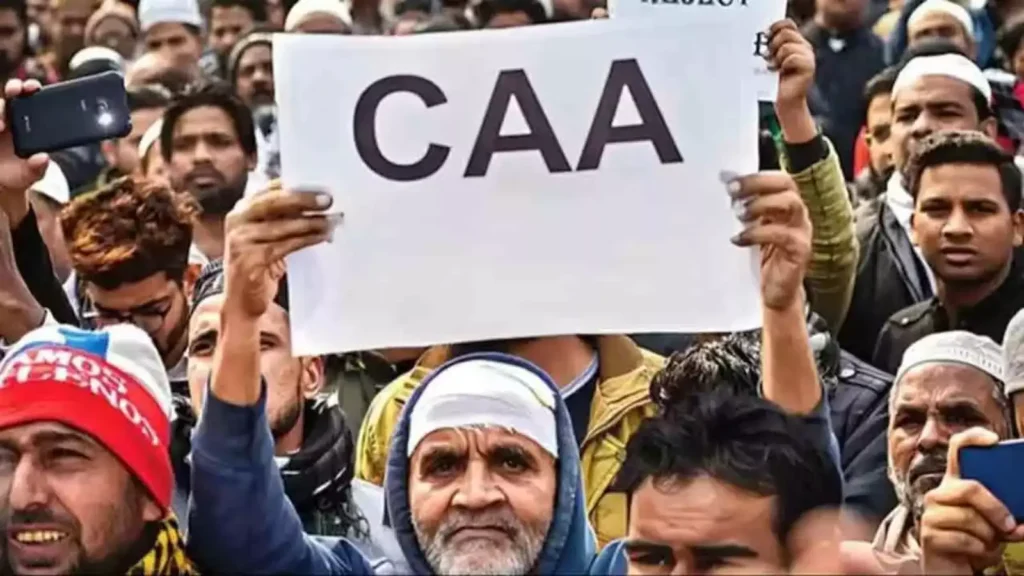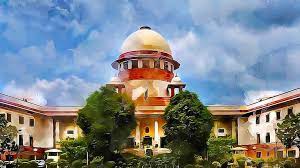
Asaduddin Owaisi, head of AIMIM, seeks the SC to request a stay on the Citizenship Amendment Rules
Last Updated on March 17, 2024 by News Desk
Issue:
The Citizenship (Amendment) Act, 2019 (CAA) has come back into focus due to AIMIM president Asaduddin Owaisi’s recent decision to request a delay of the Citizenship Amendment Rules’ implementation.
Facts:
Asaduddin Owaisi has petitioned the Supreme Court, asking that the Citizenship Amendment Rules not be implemented until the court considers the cases contesting the constitutionality of the CAA.
To expedite the process of Indian citizenship for illegal non-Muslim migrants from Pakistan, Bangladesh, and Afghanistan who arrived in India prior to December 31, 2014, the Citizenship (Amendment) Act, 2019 was approved.
On March 11, 2024, the Center published the rules, which made it possible for the CAA to go into effect.
Owaisi and other petitioners contend that the CAA’s provisions—particularly those pertaining to the National Register of Citizens (NRC)—are unconstitutional.
Arguments:
In his application, Owaisi raises questions about the purported relationship between the NRC and the CAA.
The application highlights the Supreme Court’s power to halt the application of laws and regulations while deciding whether or not they are constitutional.
He argues that since the CAA hasn’t been in effect for more than four years, issuing a delay wouldn’t be detrimental to the government.
Effects:
Owaisi and the other petitioners’ action highlights the ongoing legal dispute and societal unrest over the CAA.
It captures the divided views and worries about how the act would affect citizenship and religious identity.
The Supreme Court’s ruling on these appeals will have a big impact on how the CAA is implemented going forward and how it affects society as a whole.
The Citizenship (Amendment) Act, 2019 is a complex legal matter that essentially symbolizes a battle between political ambitions, legal interpretations, and societal repercussions. The Supreme Court is expected to play a crucial role in settling this controversy.
Written By: Nikita Shankar @nikitaashankar




